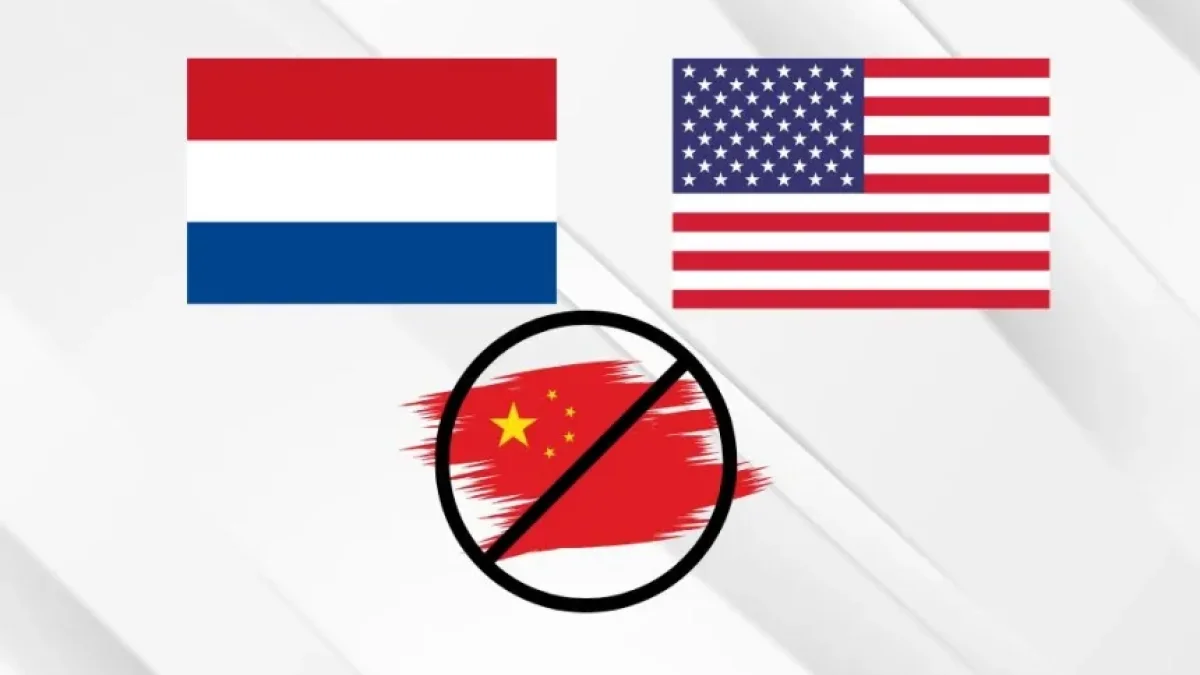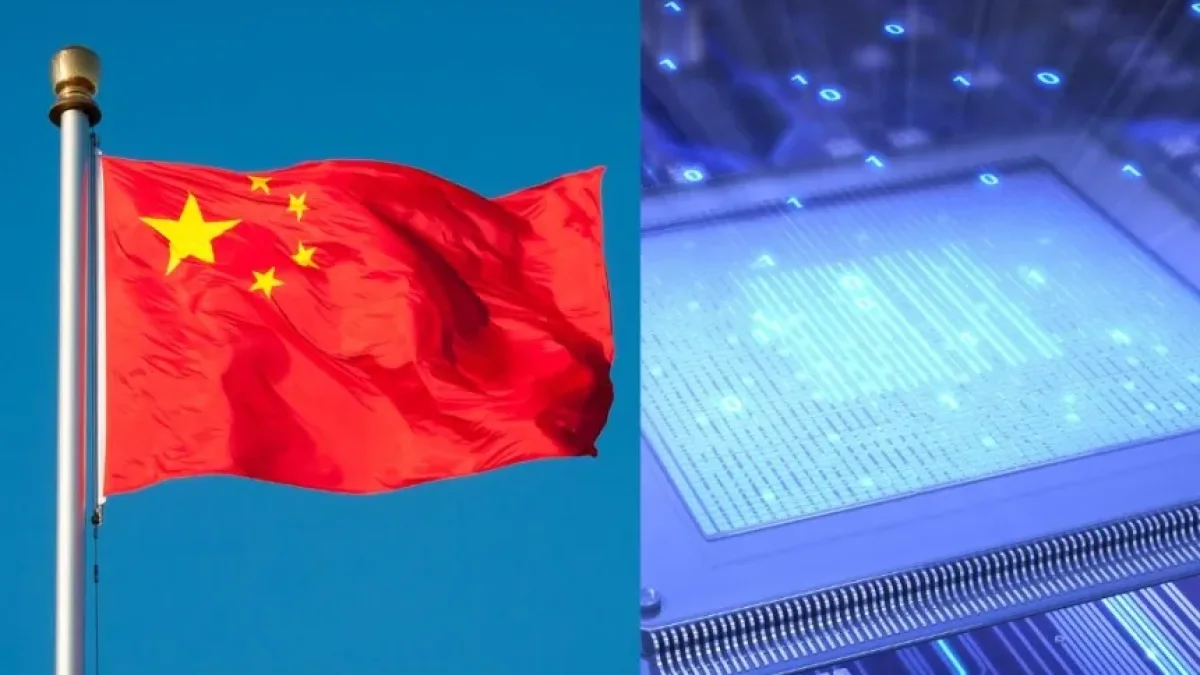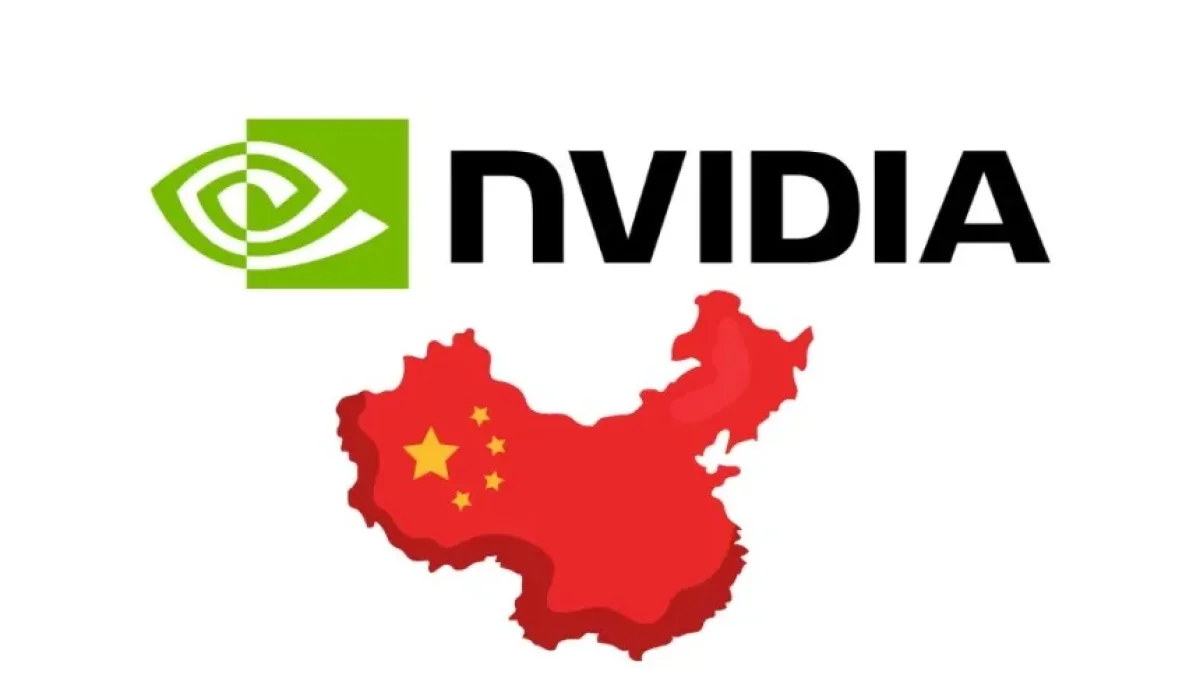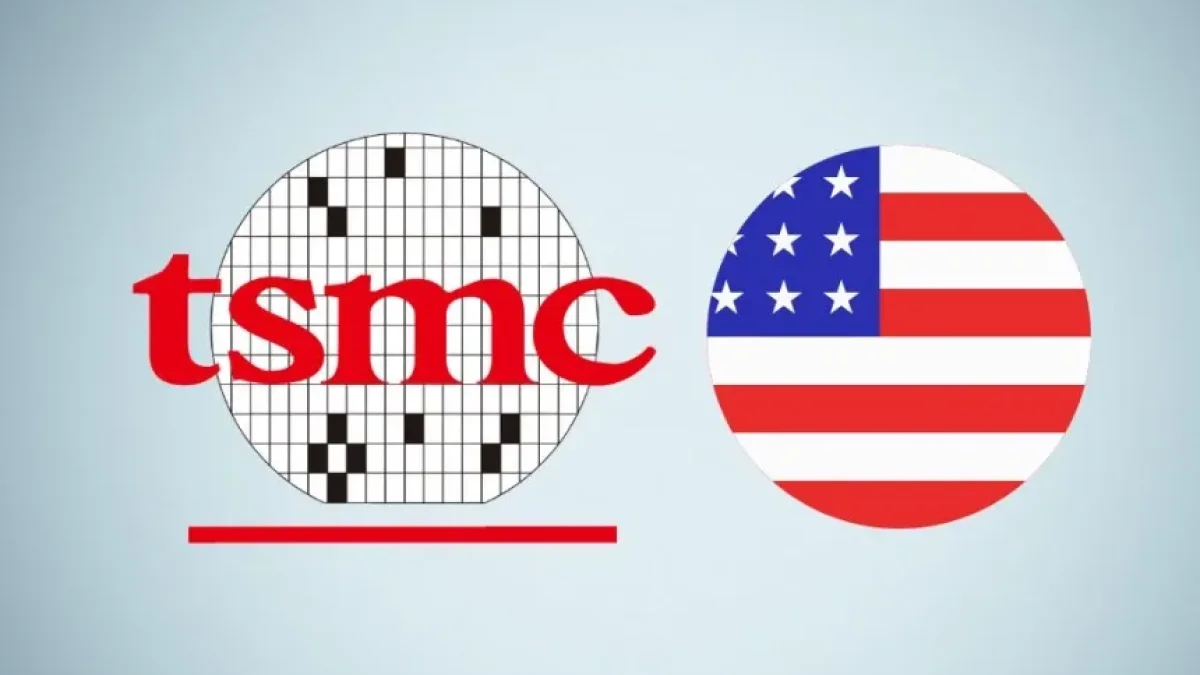The Netherlands joins the US and limits exports to China.


Recently, the Netherlands has made a decision that could significantly impact the global semiconductor market. This European country has decided to follow the lead of the United States and restrict the export of advanced technology to China. The primary goal of this measure is to control Beijing's access to technologies that could be used in chip manufacturing, an essential component in modern electronics.
ASML's Ban: A Firm Step
The company ASML, one of the largest in the world in manufacturing machinery for semiconductor production, will be affected by these new regulations. Dutch authorities have announced that they will prohibit ASML from selling the machines necessary for the production of next-generation chips to China. This is a drastic measure, considering that the company is a global leader in extreme ultraviolet (EUV) lithography technology, crucial for the manufacturing of high-performance semiconductors.
Implications for the Tech Sector
While this action could benefit the economies of the Netherlands and the United States, it also raises serious questions about the future of the tech sector in China. The lack of access to advanced technologies could slow down the development of China's semiconductor industry, which has been booming in recent years. China has been striving to become self-sufficient in semiconductor production, and these restrictions further complicate its efforts.
Read also
China’s Response
In light of this new scenario, it is likely that China will respond with its own measures. Chinese authorities have expressed their dissatisfaction with the restrictions, arguing that these actions are part of a broader strategy to contain their economic and technological growth. Beijing is expected to seek alternatives to ensure access to the necessary technology, either through strategic alliances with other countries or by increasing its own investments in research and development.
International Context
This development is not occurring in a vacuum. The growing tension between the United States and China has led to an increase in trade and technology restrictions. The U.S. administration has been pressuring its allies, including the Netherlands, to adopt a firmer stance against China's technological expansion. This strategic alignment suggests a new era of cooperation among certain nations that share similar concerns regarding security and technology.
Consequences for Global Markets
The restriction on exports of advanced technology could have repercussions in global semiconductor markets. As Chinese companies face difficulties accessing the necessary machinery, chip prices may rise due to supply shortages. This, in turn, could affect various industries that rely on chips to manufacture products, ranging from smartphones to electric vehicles.
Read also
Conclusions
The Netherlands' decision to join the United States in limiting exports to China marks a significant milestone in international trade policy. With potential impacts on the global economy, the semiconductor industry, and diplomatic relations, this measure will be closely monitored by analysts and investors.
If you want to stay updated on this type of news and other international developments, I invite you to explore more articles on my blog. Don’t miss them!



















